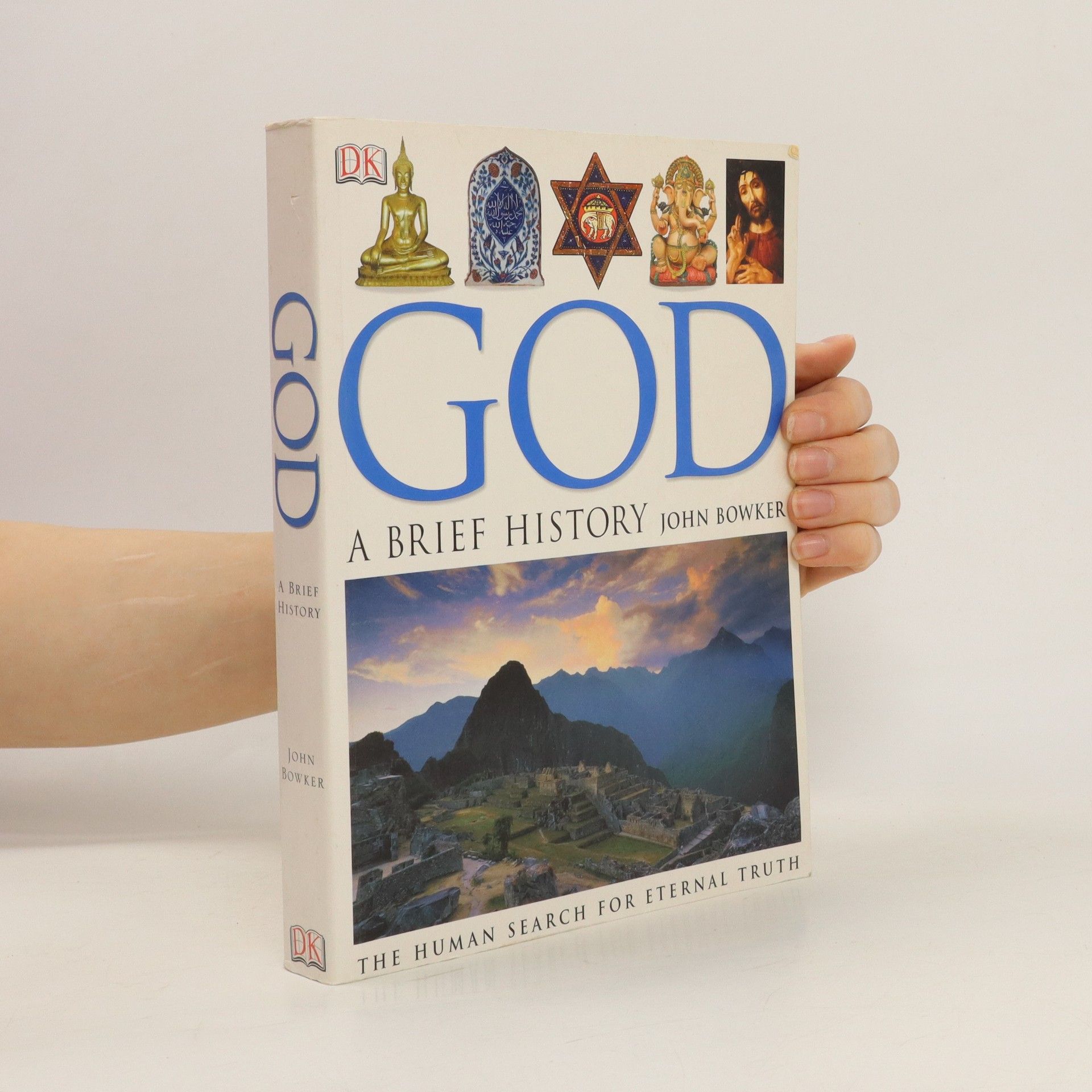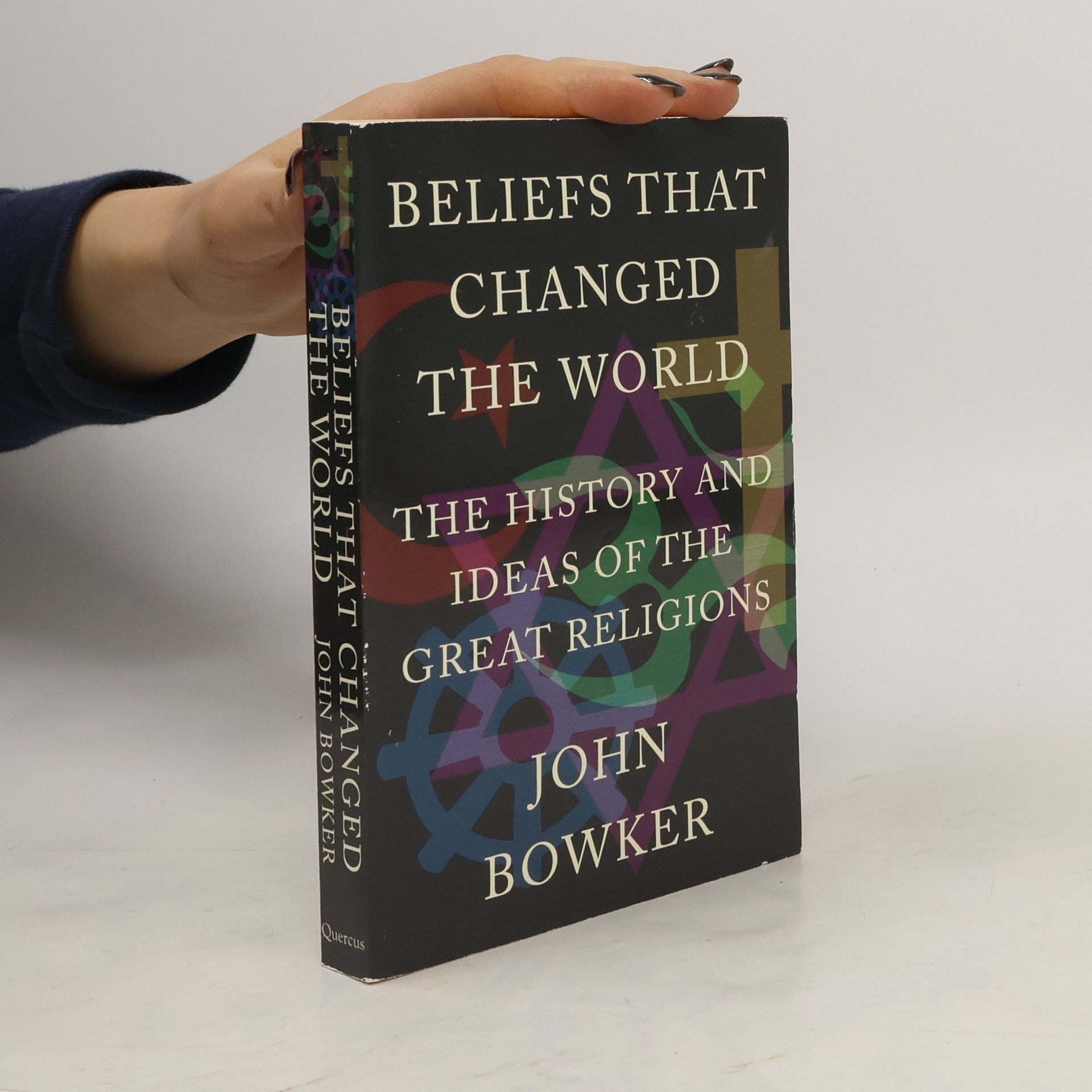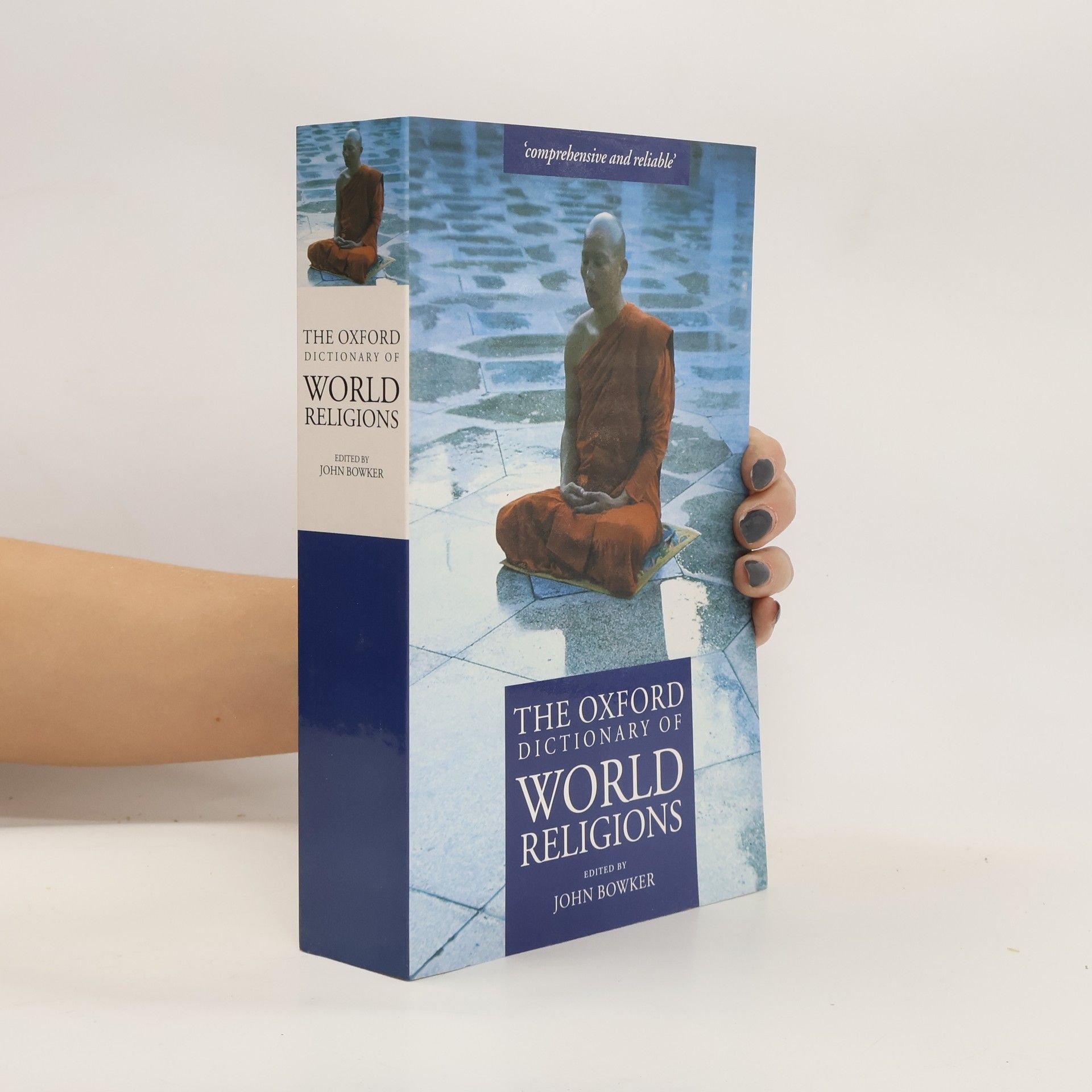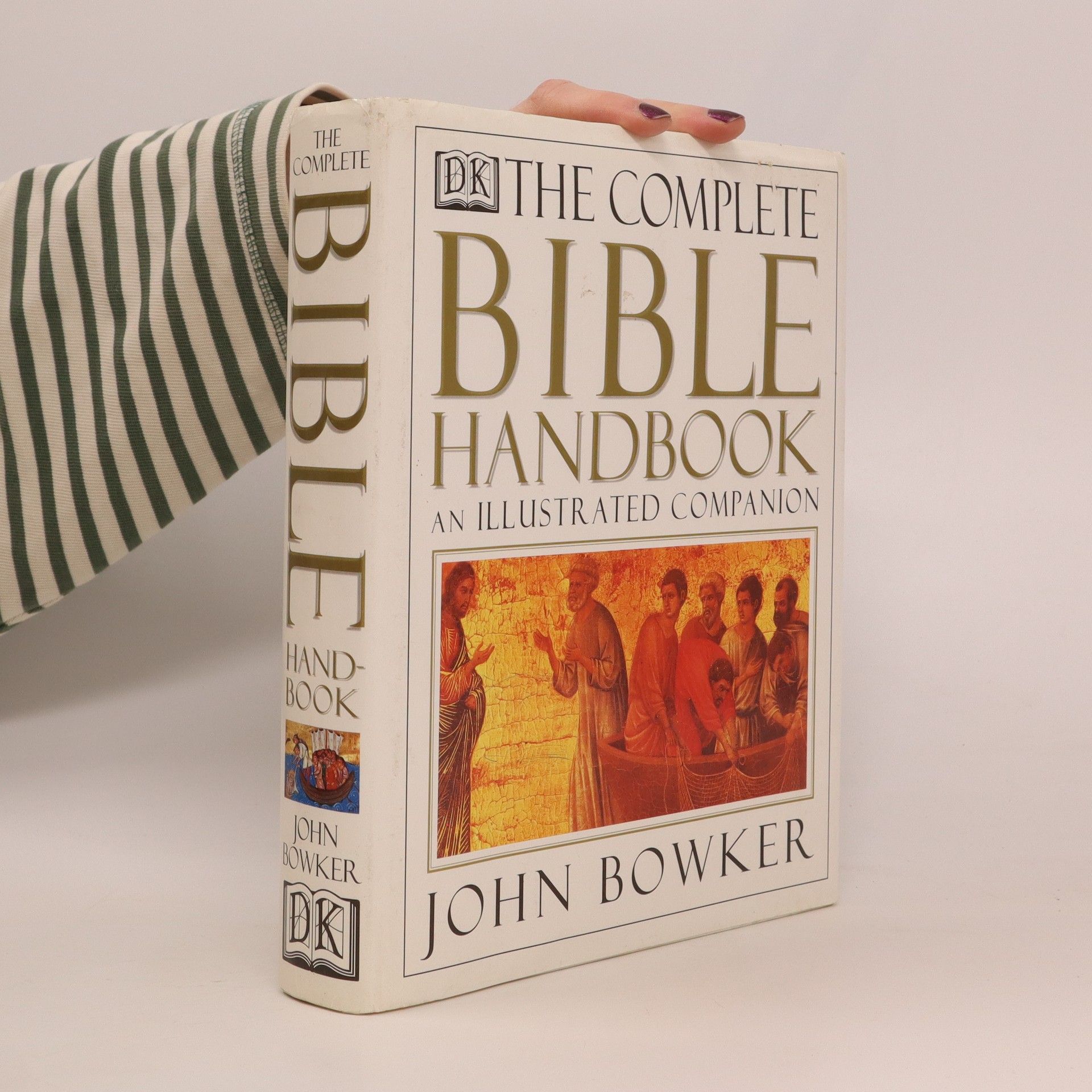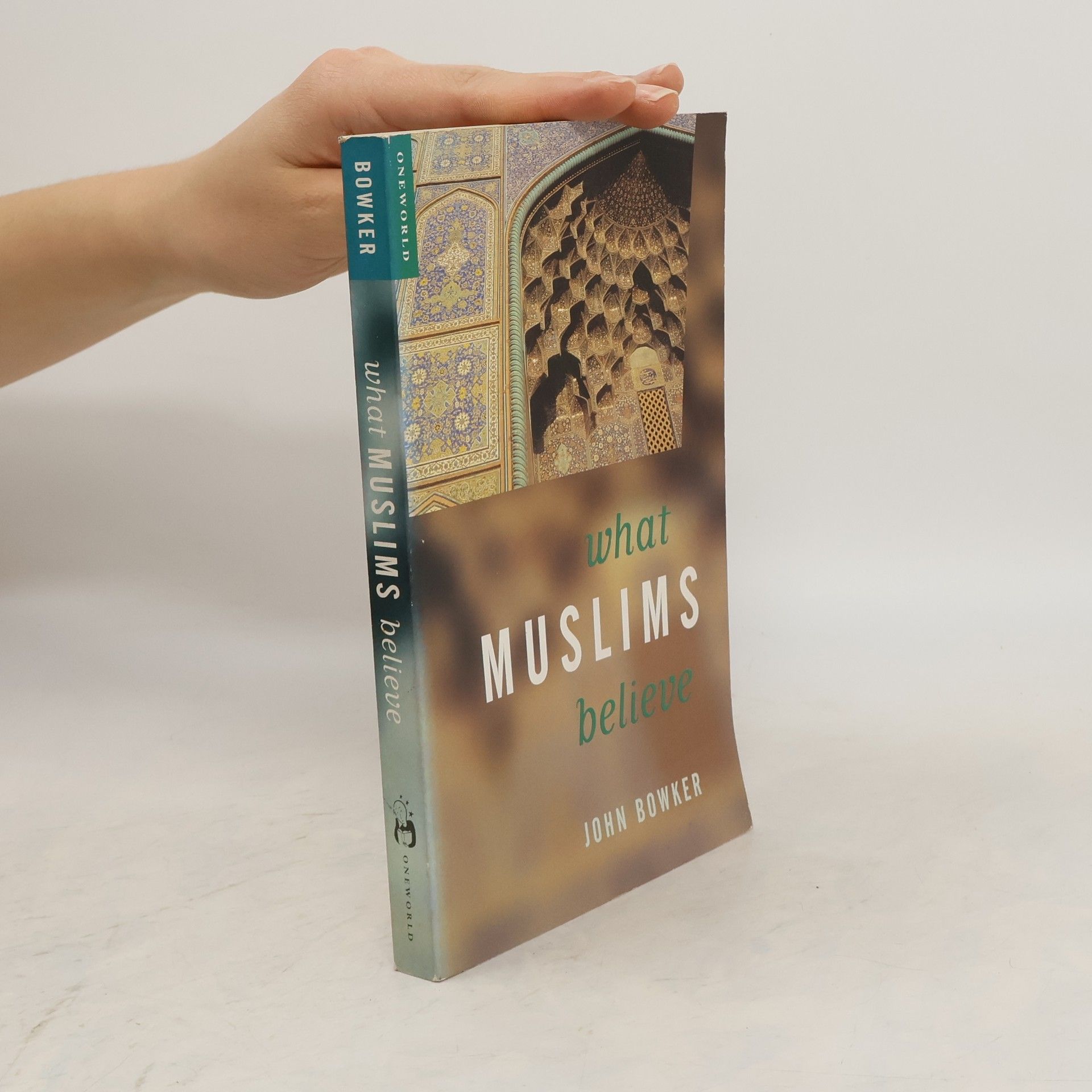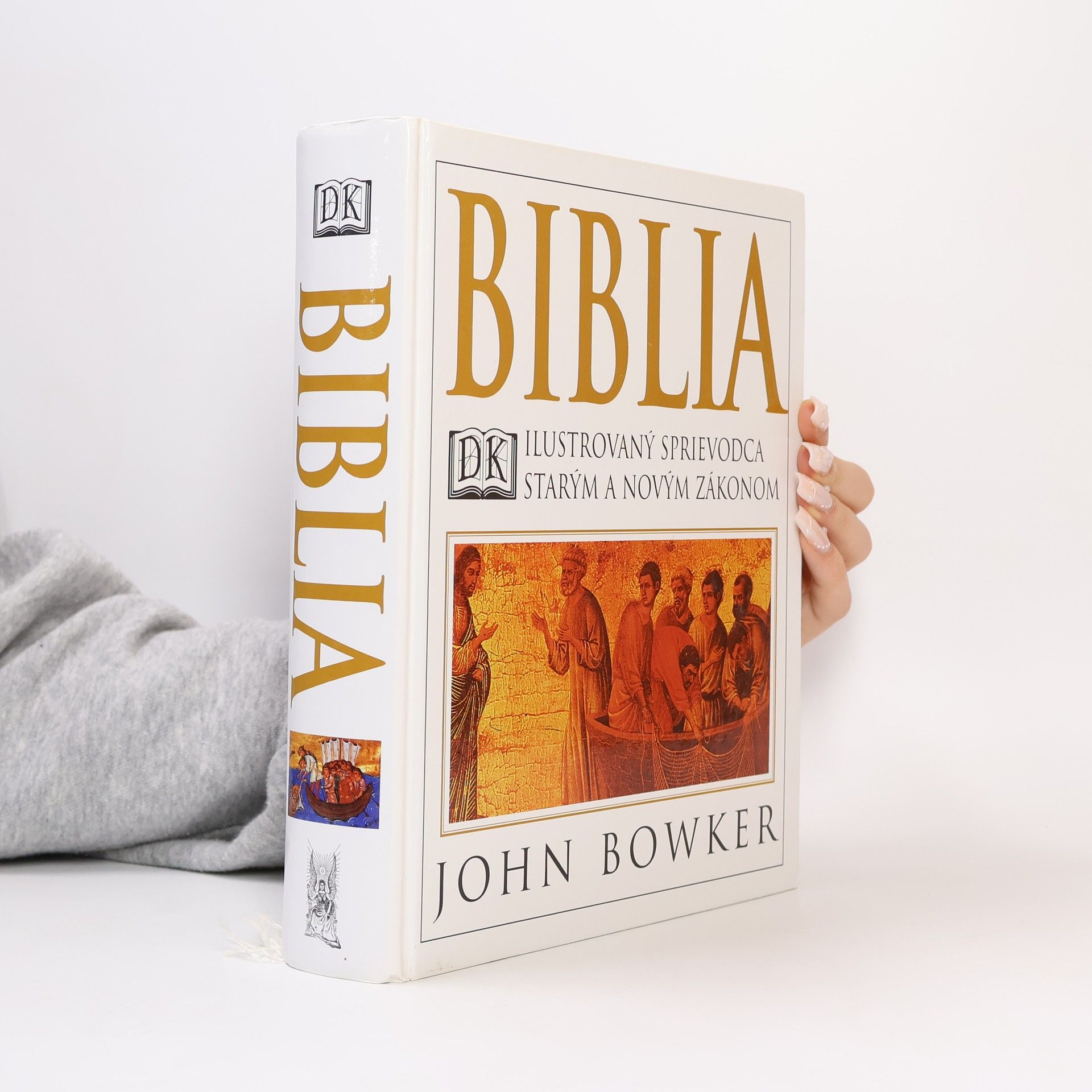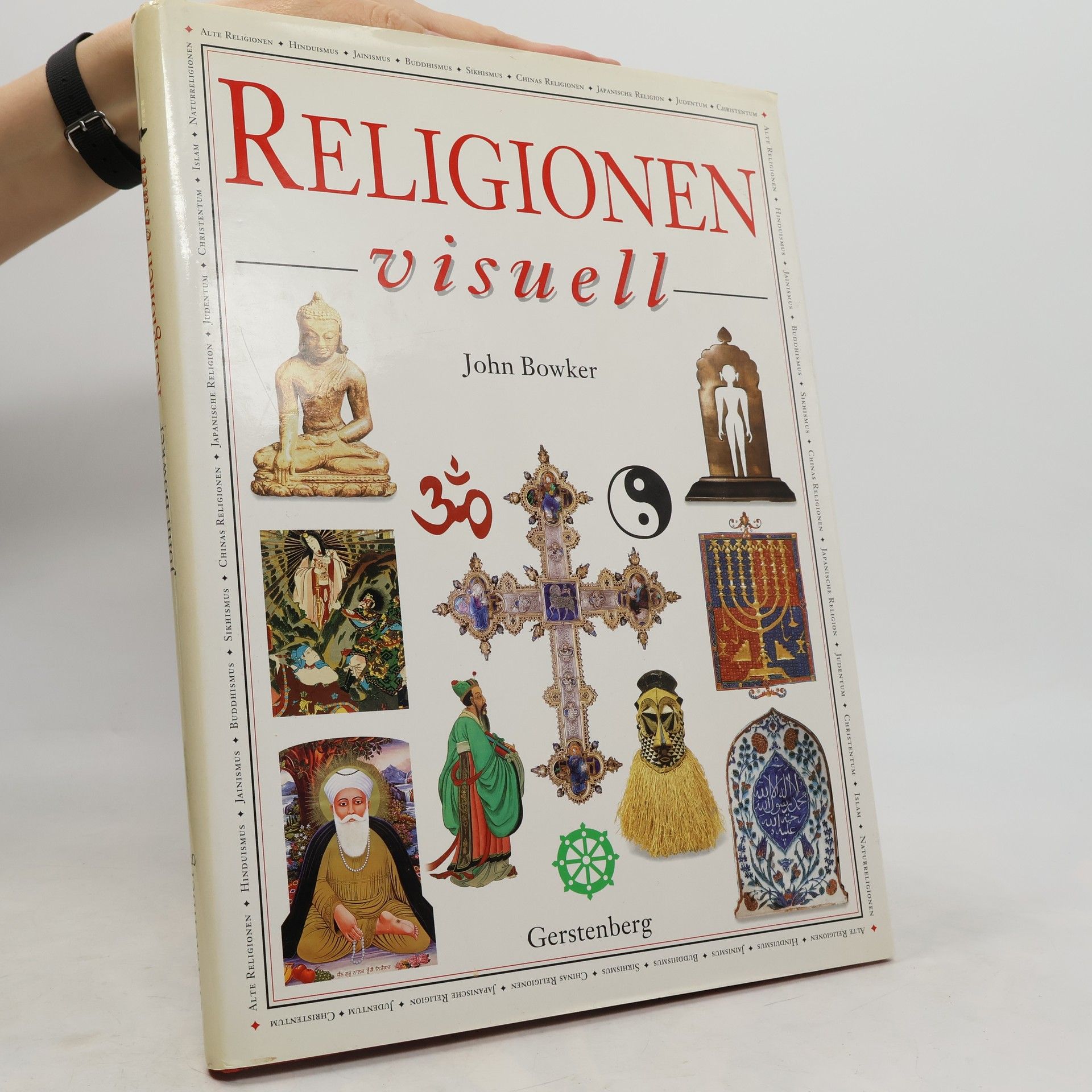The Complete Bible Handbook
- 544pages
- 20 heures de lecture
This reference book provides a book-by-book breakdown of the Bible as well as background information that brings the Bible stories to life. Photographs show biblical sites as they are today and detailed maps pinpoint where biblical events took place. Also included are devotional paintings and sculptures to assist in interpreting the stories. All denominations of the Christian Church are accommodated, with special sections on Jewish history and different intrepretations of the biblical texts. The reference section includes an A-Z of significant places and important biblical figures, and a glossary of key terms.


